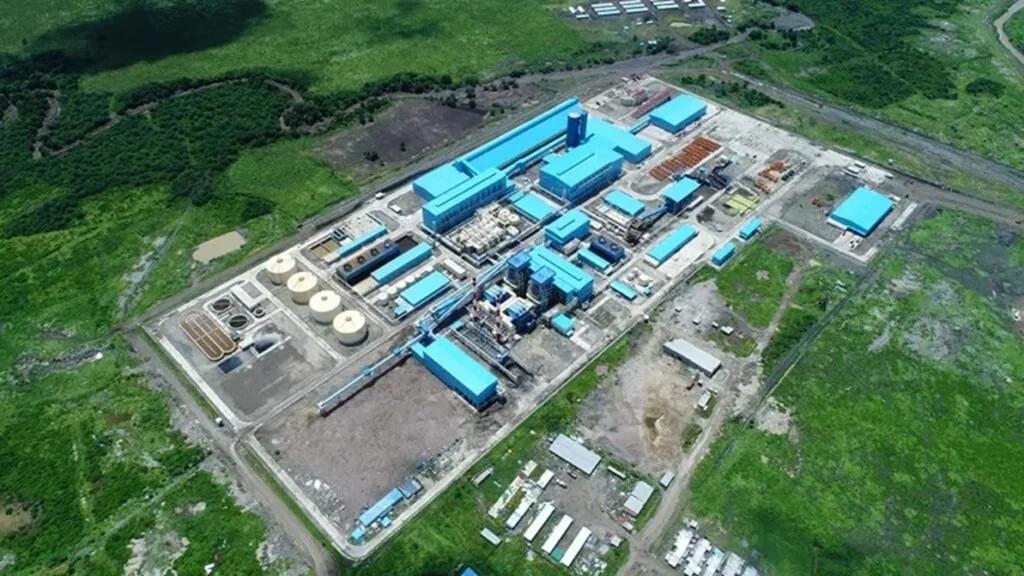Africa-Press – Ethiopia. November 6, 2025 3 minutes read Addis Abeba – The African Commission on Human and Peoples’ Rights (ACHPR) has found that the Ethiopian government violated the rights of indigenous peoples in the Lower Omo Valley in relation to the Kuraz Sugar Project, while clearing the country of violations linked to the controversial Gibe III dam.
According to the Commission, the Indigenous Peoples of the Lower Omo were represented by Survival International Trust, an organization that has long campaigned against the Kuraz Sugar Project. Survival International has criticized the project for more than a decade, issuing repeated statements highlighting its impact on indigenous communities and their livelihoods.
In a decision made public following its 72nd Ordinary Session held in Banjul, The Gambia, from 19 July to 2 August 2022, the Commission ruled that “the Respondent State violated Article 22(1) of the African Charter in respect of the Kuraz Sugar Project.” Article 22 of the African Charter on Human and Peoples’ Rights guarantees peoples’ right to their economic, social, and cultural development.
The African Commission on Human and Peoples’ Rights (ACHPR) has found the Federal Democratic Republic of Ethiopia in violation of Article 22(1) of the African Charter on Human and Peoples’ Rights, which guarantees “the right to economic, social and cultural development with due regard to their freedom and identity and in the equal enjoyment of the common heritage of mankind.”
In its decision, the Commission concluded that the Kuraz Sugar Project was implemented without adequate consideration for the freedom and identity of the indigenous communities affected by the project, effectively denying them their right to development.
The Commission’s findings were based on evidence showing the absence of Free, Prior, and Informed Consent (FPIC) from the affected groups, as well as the project’s detrimental impact on their traditional flood-recession agriculture and food security. It also cited cases of forced resettlement and the destruction of communal lands and cultural heritage as further grounds for the violation.
However, the Commission “found that the Respondent State has not violated the provisions of Articles 20(1), 21(1), 22(1) (in respect of Gibe III dam) and 24 of the African Charter,” effectively dismissing complaints relating to the Gibe III hydropower project.
The ACHPR has directed the Ethiopian government to conduct, or publicly release if already completed, “an environment, social and human rights impact assessment study on the Kuraz Sugar Project to determine the potential or actual adverse impacts of the project on the indigenous peoples of the Lower Omo.” The Commission further ordered that this report be made publicly available “within ninety (90) days of the notification of this decision.”
Additionally, the Commission requested the government to inform it “within one hundred and eighty (180) days of being notified of this decision, the measures taken to implement the present decision,” in accordance with its Rules of Procedure.
The decision marks a significant step in a years-long case brought by advocates and rights groups who have accused Ethiopia of displacing indigenous communities and undermining their livelihoods in the Lower Omo region through large-scale state projects.
The ACHPR’s findings come as the government continues to push ahead with the privatization of several state-owned sugar factories, including the Kuraz plants implicated in the Commission’s decision. More than a year after the Ministry of Finance (MoF) first invited investors to express interest in October 2023, the privatization process is showing progress, according to recent government statements.
Last week, the MoF announced that qualified bidders who successfully passed the technical evaluation phase of the privatization bid would be disclosed “by the end of this week.” The Ministry said a team of evaluators is finalizing the review of technical proposals and plans to notify qualified bidders by 20 October 2023, after which financial bids will be assessed.
The invitation for expressions of interest, initially issued in August 2022 and extended to January 2023, attracted around 20 local and international investors, including well-known names such as Dangote Cement, Coca-Cola Beverages Africa, Ethio Sugar Manufacturing Industry, and the Abyssinia Group of Industries, according to sources close to the process.
The Ethiopian Sugar Industry Group, managed by Ethiopian Investment Holdings since May 2022, oversees 12 state-owned sugar factories that together produce around 450,000 metric tons of sugar annually. Eight of these, Omo Kuraz 1, 2, 3, and 5, along with Arjo Dedessa, Kesem, and Tendaho, are currently up for sale.
Despite government efforts to revitalize the sector, delays and underperformance have plagued several of the projects, including the Tana Beles Sugar Development Project in the Amhara region, which experienced an eight-year construction delay. The ongoing privatization, supported by consultancy firm Ernst & Young LLP, aims to inject capital and improve operational efficiency in the struggling sugar industry.
The ACHPR’s ruling adds a new layer of scrutiny to Ethiopia’s sugar sector reforms, as it calls on the government to ensure that future development efforts respect the environmental and human rights of affected communities, particularly in the Lower Omo region where state-led projects have long generated controversy. AS
For More News And Analysis About Ethiopia Follow Africa-Press






